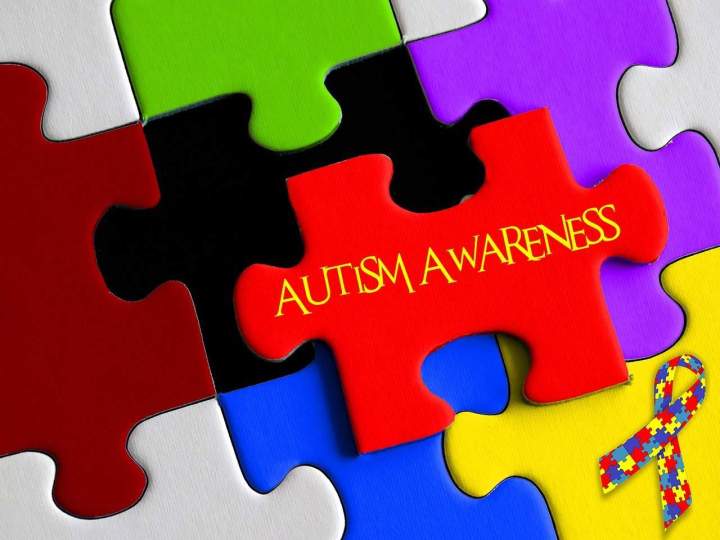How to Identify A Child With Special Needs?

Recognizing early signs of special needs in children is crucial for providing timely support. At Developing Wellness, Inc., we help parents and caregivers identify potential challenges and offer the best intervention strategies.
Early Signs of Developmental Delays
Identifying a child with special needs often starts with recognizing developmental delays or differences. Common signs may include delayed speech and language skills, difficulty following directions, or challenges with motor coordination. For example, a child with autism spectrum disorder (ASD) might struggle with social interactions, limited eye contact, or an aversion to certain sensory experiences.
Similarly, children with attention-deficit/hyperactivity disorder (ADHD) may display excessive activity levels, impulsivity, and difficulty maintaining focus. At Developing Wellness, Inc., we emphasize the importance of early intervention when these signs are noticed. Early identification of special needs allows children to benefit from targeted therapies such as Applied Behavior Analysis (ABA), which can significantly improve communication, social skills, and daily functioning. By working with experienced professionals, parents can better understand their child’s needs and receive the support necessary for their development.
The Role of Professionals in Identifying Special Needs
If a parent suspects their child may have special needs, seeking guidance from a professional is essential. Pediatricians, developmental specialists, and therapists can provide comprehensive evaluations to determine if there are developmental delays or disorders. At Developing Wellness, Inc., our team of specialists works closely with families to assess behaviors and developmental milestones.
We use evidence-based tools to evaluate a child’s cognitive, emotional, and social development, ensuring that the correct diagnoses and interventions are implemented. Early assessment is key to providing children with the appropriate resources and support. Once a diagnosis is made, a tailored intervention plan can be created to address the child’s specific needs, setting the foundation for long-term success.
